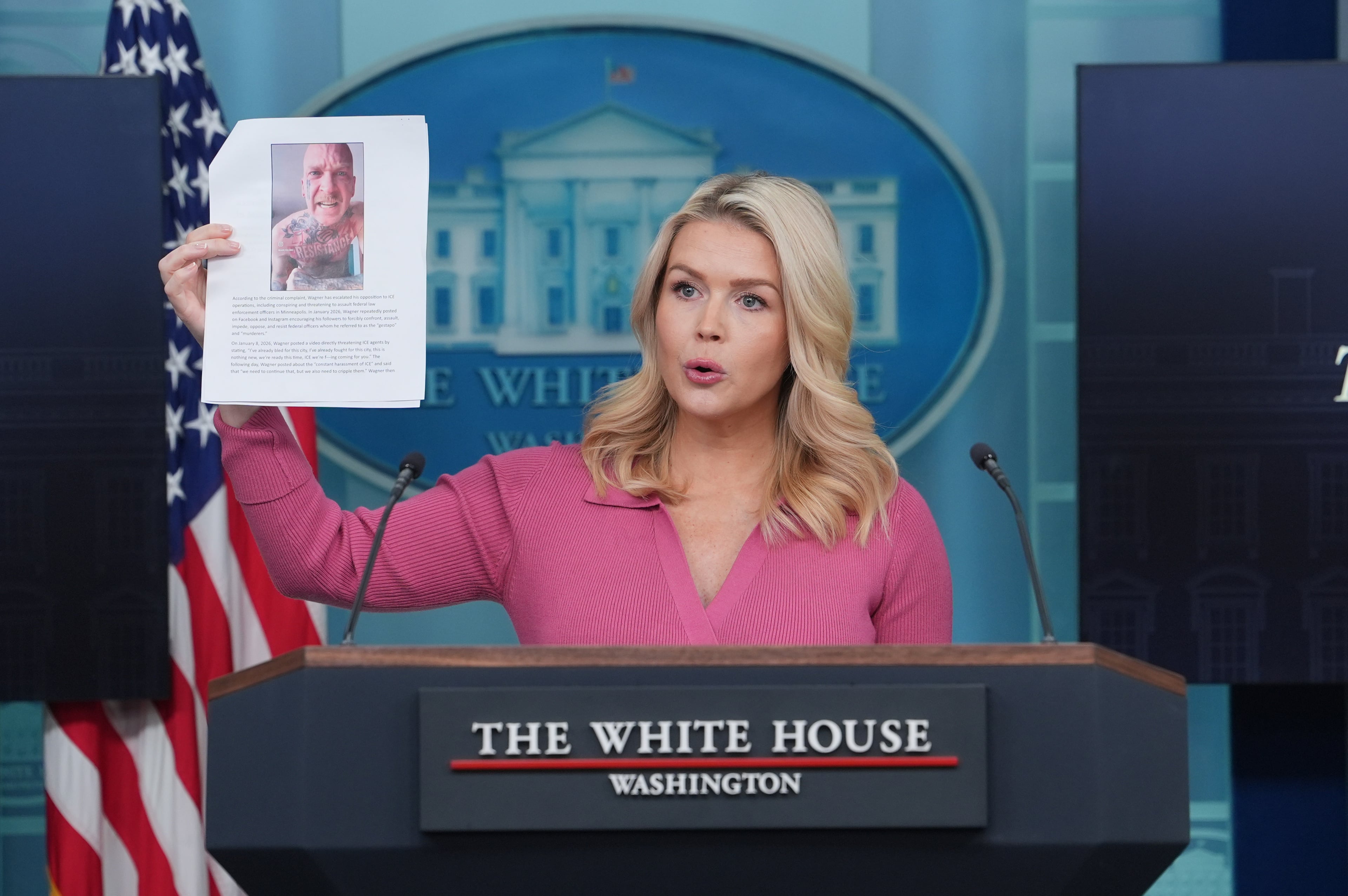GDOT Commissioner reflects on storm response
Georgia Department of Transportation Commissioner Keith Golden is spearheading the effort to clear interstates and state routes.
He nodded off for about an hour and a half in his office overnight, but said otherwise he had not slept since gridlock gripped huge swaths of the Peach State.
Golden sat down for an exclusive interview Tuesday morning with The Atlanta Journal-Constitution at the Traffic Management Center in downtown Atlanta to discuss the disaster and the challenges that lay ahead.
QUESTION: What's causing the biggest impact?
ANSWER: It's the tractor-trailers. Those, and buses. Most of the challenge is getting to traffic events where tractor-trailers have jackknifed or slid and nobody can make their way around them.
Q: Why didn't warnings not to drive go out earlier and with more emphasis Monday evening?
A: At the time, the forecast was for small accumulation in metro Atlanta. We've had numerous snow events since the 2011 event and we have handled them. It's these events that come in so quickly… I think from our perspective, we were expecting a weather event and we certainly wanted everyone to be on guard for that. If we scream 'stay home' and nothing happens, it's a scenario where we are not the weather people.
Q: What's your early assessment of the state response?
A: We're not happy with the way things have happened. We can't be happy, when we have kids out there stranded. I think given the statewide effort, we're doing the best we can with the resources we had.
You tie all the elements together — the quickness of the storm moving in, and the mass release of employees not allowing us to get out there and do our work early on – it’s what tied us up for most of the evening.
Q: Talk about what you did to treat icy conditions.
A: At 12:30 (p.m. Tuesday), traffic was still moving at 40 or 45 mph. That gravel and sand mixture tends to get moved to the shoulders and pushed away because of the traffic when you lay it down too early. We pretreated most of our bridges and overpasses. We don't have enough trucks (to get everywhere). We have a winter storm plan for metro Atlanta that assumes we will be able to bring in all our southern district equipment. And obviously we weren't able to implement that. Traditionally we would have had 40 to 50 additional trucks in and had them staged.
Q: What about help that's on the way?
A: We do have people and equipment who have come up from our other districts this morning. We've had those people out treating on I-20 twice. People from Tifton are on the way, some from Cartersville and Gainesville are starting to pitch in. We have a statewide even going on, involving about two-thirds of the state.
Q: How does this compare to previous incidents GDOT has handled, such as the Snowpocalypse in 2011?
A: That was a little different because it started at night and early morning, so people had a chance to make a decision not to go to work. As opposed to this event, people were at work, and many schools chose not to close. It impacted how we get to where we need to clear incidents.
I think there was a similar event in the 1980s. I had a job in Cobb and I had to park and walk. It was very similar to that. It just caught a lot of people trying to make it home from work off guard when that happened.
Q: When will road conditions improve?
A: That's a great question. We hope for some warming today. It doesn't appear that it's going to be above freezing. Hopefully we will get some warming and wind, because that helps us get the roads dried up. I don't want to say the roads are impassable. Most state routes are really passable. It's just traffic or people stopped or stranded from yesterday. Mainly it's people who gave up because of congestion. If we can get some of those cars cleared today that's our primary focus.
We’ll work with counties – they are struggling very much like we are. It’s too early right now (to predict) what progress have will be able to make.
Will you look at making changes in the state’s winter storm response plan as a result of this incident?
Anytime you have an event, we need to go back and see where we can improve. Because you can always improve.
More Stories
The Latest

